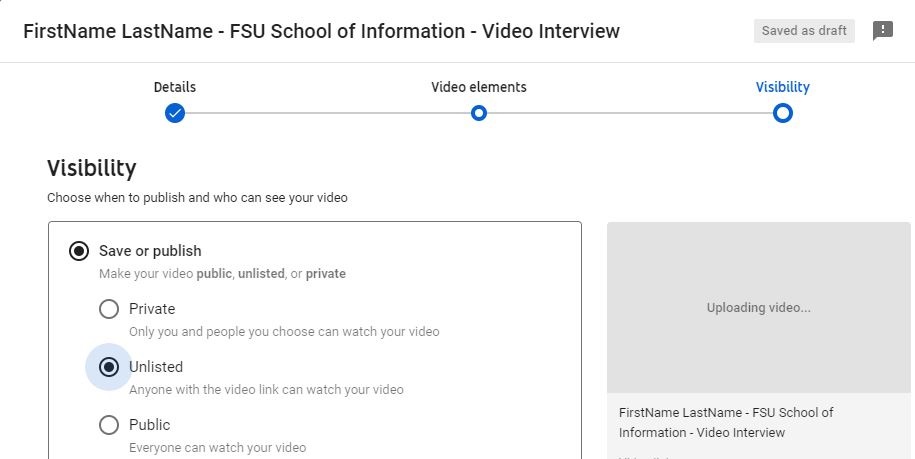Admission Requirements
Applications to the Ph.D. program are accepted for the summer semester only. The summer 2026 application will open in September 2025.
Admission to the Ph.D. in Information is highly competitive. The decision is made based on a holistic review of applicants’ academic merit, research and analytical mindset and skills, and potential match with the research expertise of iSchool faculty.
- History of Academic Excellence
- Completed Undergraduate Degree from a regionally or nationally accredited U.S. institution, or a comparable degree from an international institution with a minimum upper-division Grade Point Average of 3.0 or higher (on a 4.0 scale).
- Completed Graduate Degree from a regionally or nationally accredited U.S. institution, or a comparable degree from an international institution, with a minimum Grade Point Average of 3.0 or higher (on a 4.0 scale).
- NOTE: Applicants currently completing a graduate degree may be considered for admission if the graduate degree is completed before the start of the PhD degree program.
- “Good standing” status at the last institution attended
- Graduate Admissions Entrance Examination Scores (GRE, MAT, LSAT, or GMAT)
- NOTE: This requirement has been waived for all Ph.D. in Information applicants.
- English Language Proficiency Exam Scores (international applicants only)
- The departmental minimum scores are as follows:
- TOEFL iBT: Minimum Total Score of 100
- Minimum Writing Score of 24
- IELTS: Minimum Total Score of 7.0
- Minimum Writing Score of 6.5
- Duolingo: Minimum Overall Score of 130
- Minimum Production Subscore of 125
- NOTE: As per the Office of Graduate Admissions, Duolingo scores will not be accepted after summer 2025
- TOEFL iBT: Minimum Total Score of 100
- The departmental minimum scores are as follows:
NOTE: If you have earned a bachelor’s degree or master’s degree from a U.S. institution, the applicant may request that this requirement be waived.
Application Requirements
Applicants are required to submit the following credentials for the Ph.D. in Information to be reviewed by the Doctoral Admissions Committee.
- University Graduate Application and a $30 Application Fee online via the University Graduate Admissions Application Portal.









